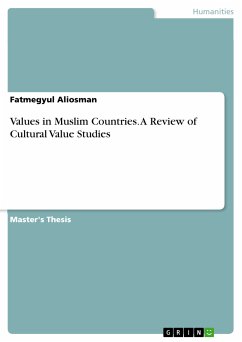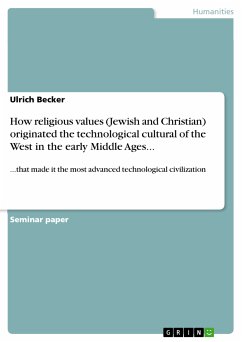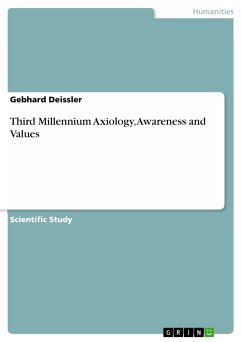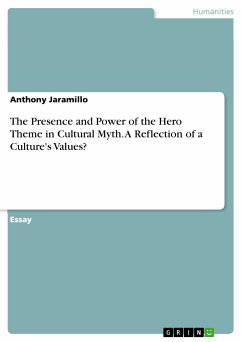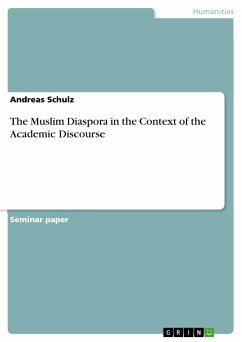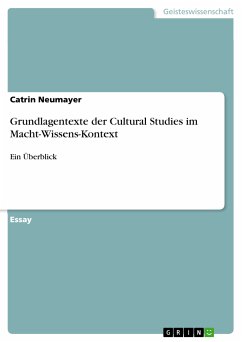Master's Thesis from the year 2015 in the subject Cultural Studies - Miscellaneous, grade: 1,7, Technical University of Munich (Degree programme in Consumer Affairs), language: English, abstract: The objective of this thesis is to understand whether Muslim groups have any shared values which are distinct from other groups and to understand what cultural values the Muslim groups possess. Like any other religion, Islam influences societies’ cultures of which it is the dominant faith. However, this research aims to understand whether it has a major cultural effect so that Muslim groups can be distinguished from other religions’ groups on the basis of cultural values. Besides, it is also important to understand whether all Muslim groups share the same values when regional or climate effects are controlled for. House et al. (2004) state that region has influence on cultural values of societies. Climate also has effect on cultural even though it is not significant as regional influence. Another objective of this research is to identify whether there are value differences between Shia and Sunni branches of Islam. Sunni faith is based on following Prophet Muhammad’s example path and rules described in Koran. In contrast, Shia faith is based on the path of Prophet Muhammad and his direct family members’ religious and spiritual teachings (Farah and Samad, 2015).

